Special contribution by Jackie
Americans are world leaders in many areas, but perhaps one of the things that the US can improve upon is food wastage. It is estimated that 50% of all produce goes to waste. That’s 60 million tons and $160 million worth of once perfectly good food. Vegans can take pride in knowing that a Vegan lifestyle is not just good for personal health, but for the environment as well. However, the rate at which fruits and vegetables go bad can mean we waste more than we’d like. So how should a vegan go about dealing with food waste? It all starts with understanding the implications.
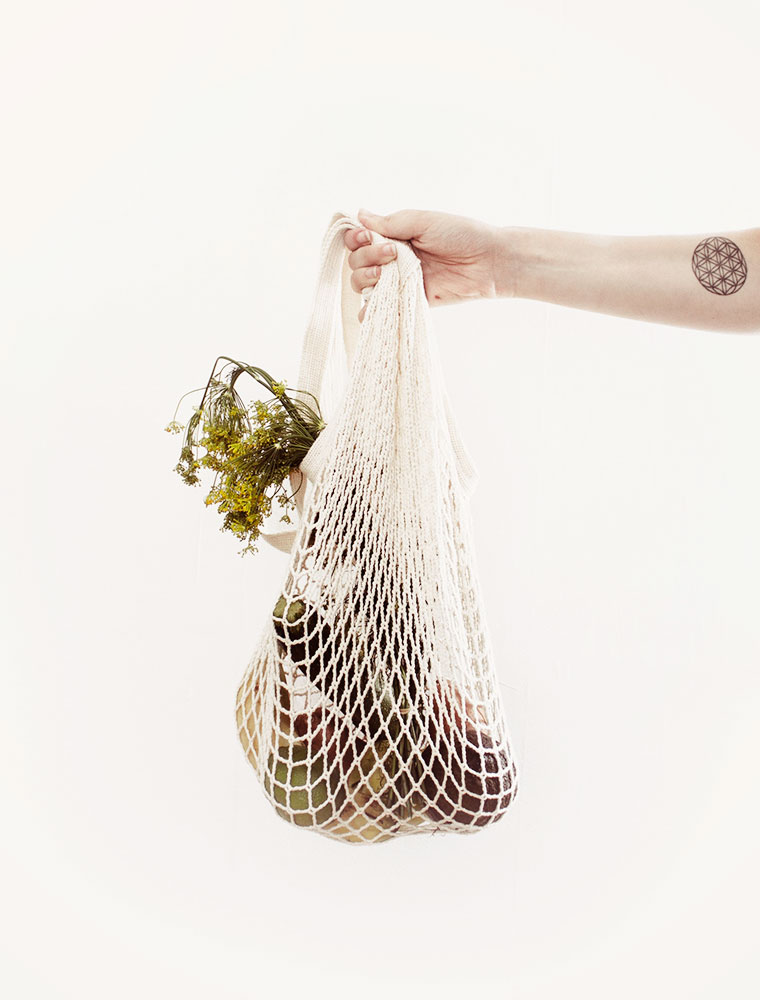
The waste implications of Veganism
There are three main reasons that a vegan diet is better than a non-vegan diet when it comes to food waste. These apply to the three stages of the process: the production of food, the sale of food and the disposal of unconsumed produce.
Firstly, it is estimated that eliminating meat and dairy farming would lead to a 75% reduction in the amount of land used, even while feeding all of humanity. That’s an area the size of the US, EU, China and Australia combined. This means that there is more land available for waste storage and it is less imperative to cut waste in the first place.
The great thing about plants is that they can be sold without packaging. Simply dig them up and put them on the supermarket’s produce section. This is as opposed to milk, eggs or meat which must be packaged. A completely plant-based diet could mean almost no packaging to dispose of. Finally, plants are ideal for composting. They contain the nutrients that the soil requires, whereas meat and dairy and must be properly buried since it won’t decompose so quickly.
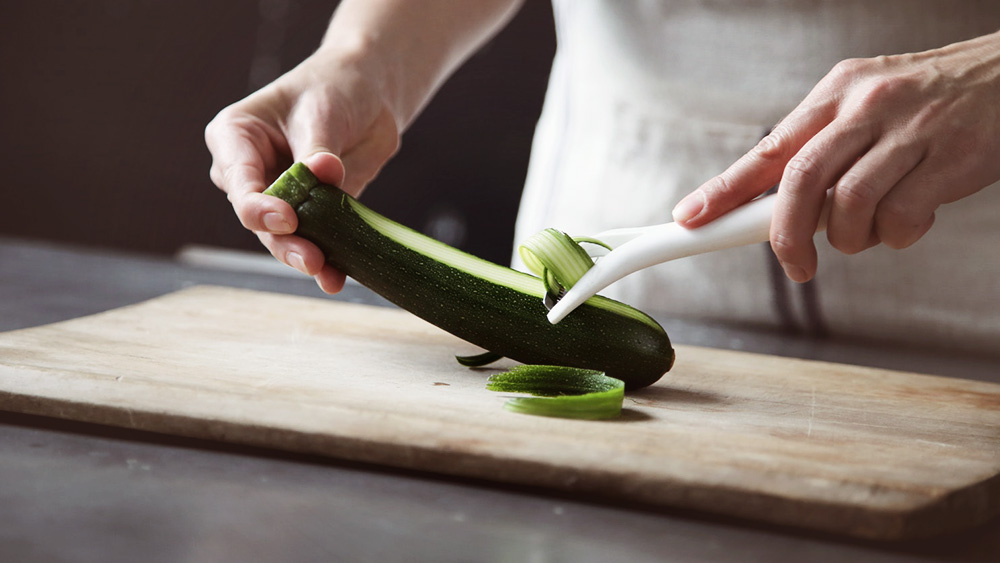
Ditch the garbage disposal unit
A garbage disposal unit is an easy and convenient way to deal with waste food, but it can cause environmental damage. By grinding food down and flushing it into the sewage systems, these machines use excessive water and electricity. Consider alternative food waste disposal options such as manual composting. It’s not that much work, but will do far less damage to the environment. The work that is involved will encourage you to waste less food in the first place, so it’s a definite win-win situation.
Limiting food waste
So how do you reduce the amount of food thrown away? A simple way is to eat food before it goes bad as much as possible. Keep a careful check on what food you have so that you don’t buy extra when shopping. You should then order your fruits and vegetables so that the ripest are at the front to encourage you to eat these first. When you do buy new produce, buy the least ripe ones you can find.
Being Vegan often involves adopting a lifestyle that cares about the environment as a whole. One area where you can probably make improvements is in food waste. Aim to stick to your vegan diet, while consuming foods before they go bad and manually composting anything you don’t eat.

Thank you Jackie for writing your Special contribution for all the SevenRoses readers.
I hope you’ve all learned some interesting things just like I did. Don’t hesitate to leave Jackie a comment and to share this post ♥
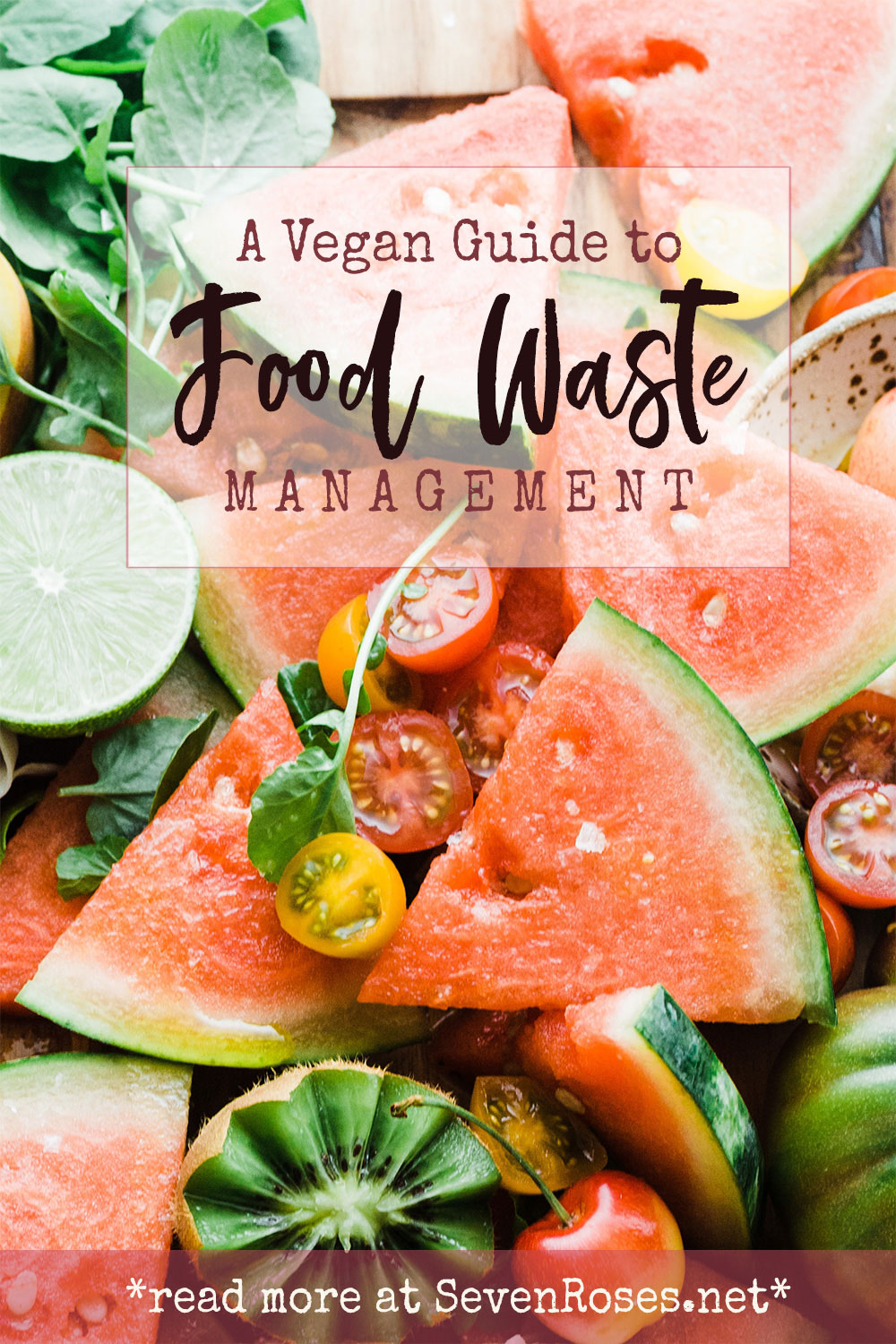
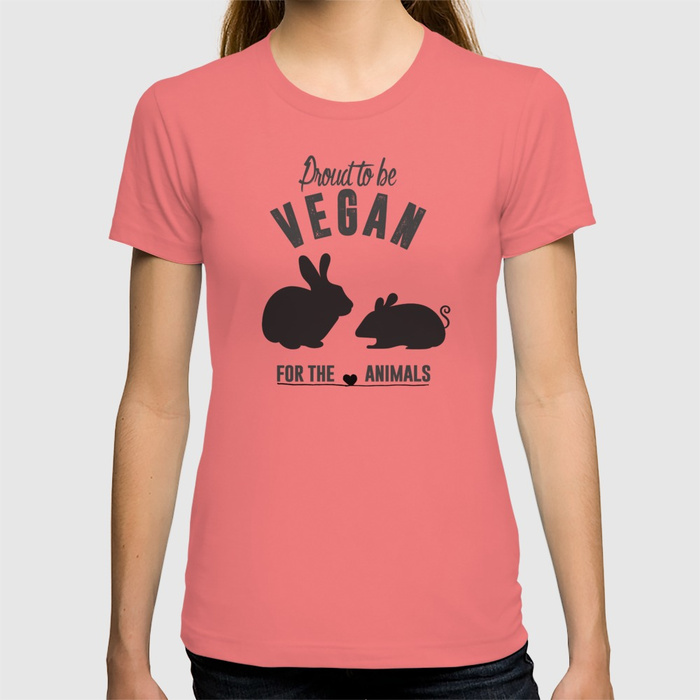 10% goes to an Animal Charity of your choice!
10% goes to an Animal Charity of your choice!



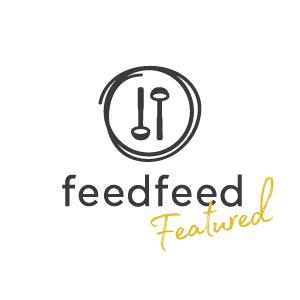



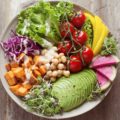
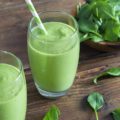

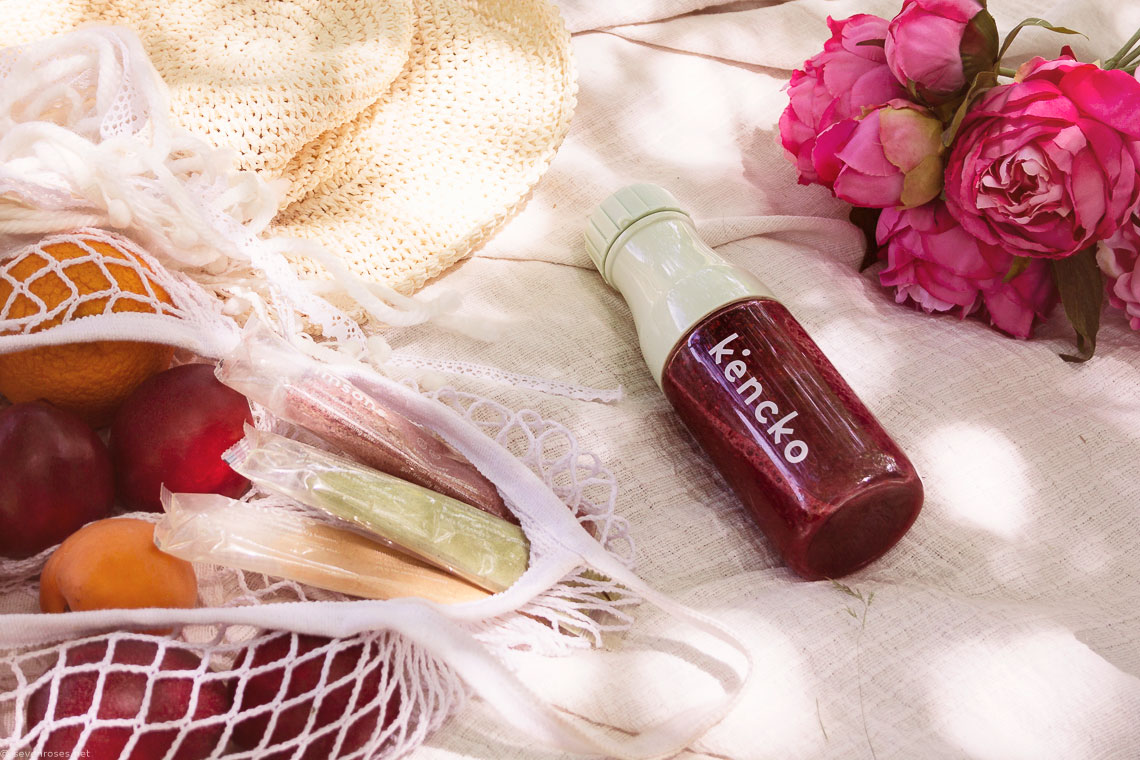

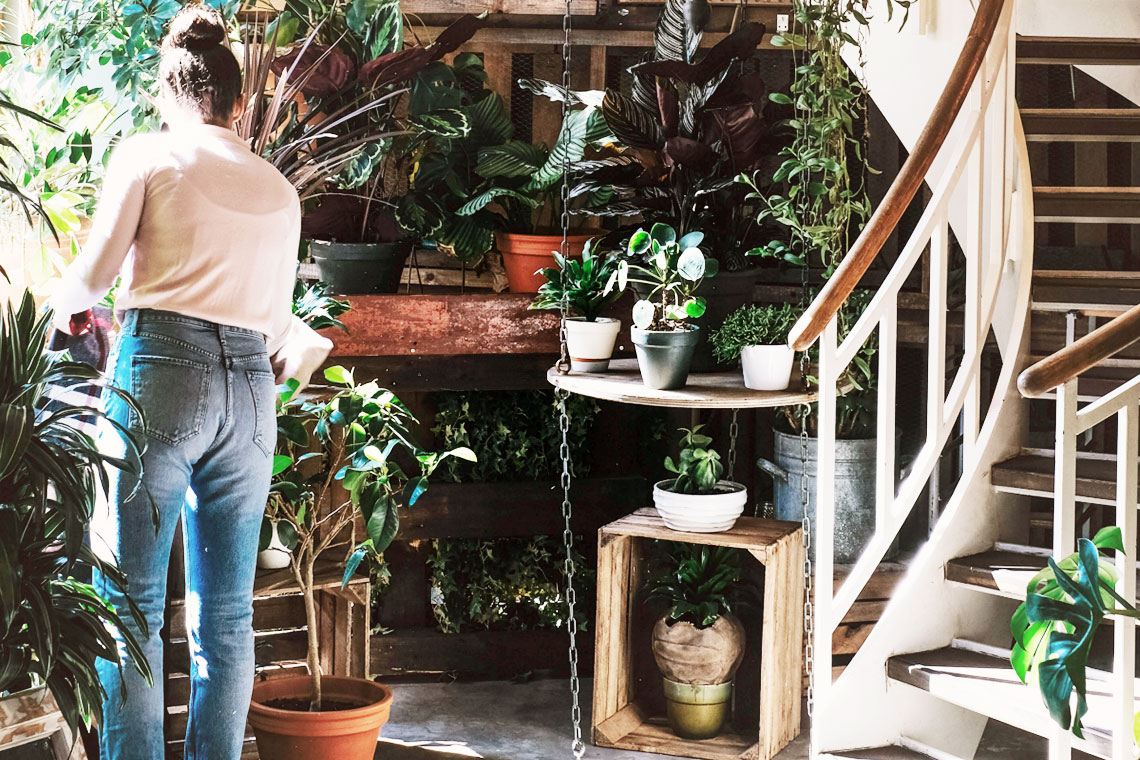
My partner is Vegan and we often talk about the environmental impact of it. He throws stuff away all the time as he doesn’t go through it quick enough. It makes sense – eat it before it goes bad. I told him to buy less and only when we needs vs. buying in bulk.